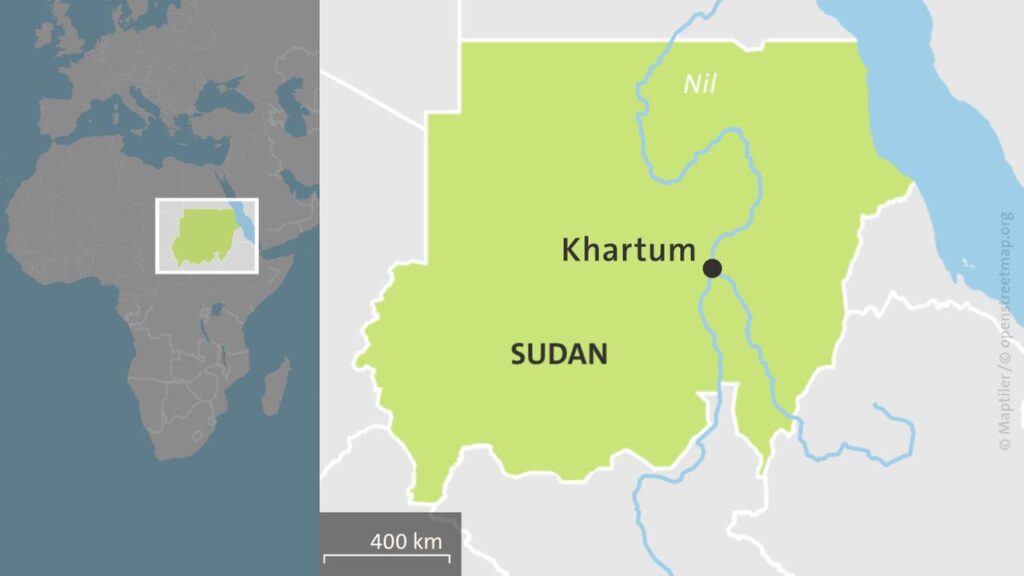
Introduction
The recent escalation of conflict in Sudan has captured international attention, highlighting the dire humanitarian situation and the need for immediate intervention. With a history marked by civil strife, this latest episode of violence has torn the nation apart, affecting millions of civilians who are caught in the crossfire. The relevance of understanding Sudan’s current crisis is underscored by its implications for regional stability, migration patterns, and global humanitarian efforts.
The Current Crisis in Sudan
As of late 2023, Sudan is embroiled in a power struggle primarily between factions loyal to military leaders and paramilitary groups, specifically the Rapid Support Forces (RSF). This conflict erupted in April 2023 and has resulted in widespread violence, displacing over 4 million people both internally and across borders, according to reports from the United Nations. Access to essential services such as food, clean water, and healthcare has become increasingly difficult. A staggering 25 million people, representing more than half of the country’s population, are facing acute food insecurity.
Humanitarian Impact
The humanitarian crisis in Sudan is exacerbated by the ongoing war, with aid groups warning of a severe lack of resources to support the growing number of displaced persons. Hospitals have been heavily damaged or destroyed, and healthcare workers are facing increasing threats to their safety, making it difficult to provide even the most basic medical care. The international community, including the World Health Organization and various non-governmental organizations, is mobilizing aid, but access remains a significant challenge due to the fighting.
International Response
In response to the Sudanese crisis, various countries and organizations have implemented sanctions against those involved in the violence. Additionally, neighboring countries are trying to manage the influx of refugees but are grappling with their own economic challenges. International diplomatic efforts are ongoing, with calls for ceasefires and peace talks, though these measures often face obstacles as violence continues.
Conclusion
The situation in Sudan remains critical, and its long-term implications could destabilize not only the region but also have far-reaching consequences that affect global politics and humanitarian efforts. The international community must prioritize the provision of humanitarian assistance and work towards a sustainable peace solution. As citizens and observers, staying informed about Sudan’s crisis is essential to supporting global action and contributing to efforts aimed at stabilizing the region and helping those affected. The future of Sudan hangs in the balance, and hopes for peace and recovery depend on immediate and concerted global action.



